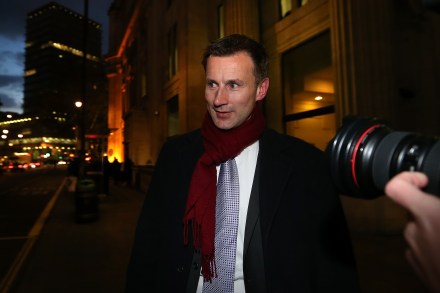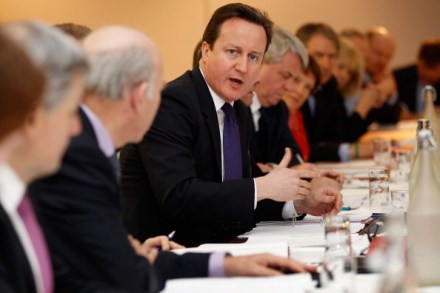The Tories start to rally around Hunt
Since I wrote my earlier blog, I have been contacted by Tories who are supportive of Jeremy Hunt. One minister argued to me with eloquence and passion that Hunt was not someone who would do anything improper and that would become clear when he faced Leveson. Another Tory told me that ‘Hunt is an absolute star,’ and that it is crucial that he survives as he is one of Cameron’s more effective ministers. Most backbench Tory MPs I have spoken to this evening are supportive of Hunt. But, intriguingly, among Liberal Democrats there is not the same sentiment. Indeed, one of the most significant lines of the day might well















